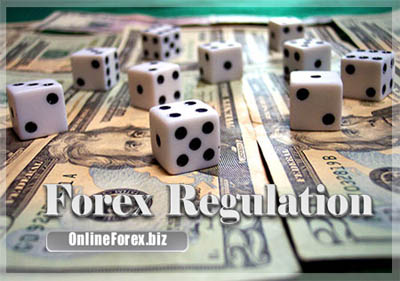🏛️ Eleven (11) Regulatory Authorities Worldwide
Since the Forex Exchange Market is a decentralized OTC market, proper brokerage regulation is a top priority for all Forex traders and partners. Effective regulation requires a reliable authority with sufficient resources to closely monitor its members.
Regulatory authorities oversee Forex brokers to ensure the enforcement of proper business practices. They can impose heavy penalties or even revoke licenses at any time. This creates a strong incentive for Forex brokers to operate with ethics and transparency
These are among the most important regulatory authorities in the financial world:
- FCA UK (Financial Conduct Authority –United Kingdom)
- CySEC (Cyprus Securities and Exchange Commission -Cyprus)
- FINMA (Swiss Financial Market Supervisory Authority –Switzerland)
- ASIC (Australian Securities & Investments Commission -Australia)
- FMA (Financial Markets Authority -New Zealand)
- FSA (Financial Services Agency -Japan)
- CFTC (Commodities Futures Trading Commission -US)
- NFA (National Futures Association -US)
- FSB (Financial Service Board –South Africa)
- IFSC (International Financial Services Commission –Belize)
- FSC (Financial Services Commission - British Virginia Islands)





 Regulators require brokers to implement policies and practices that minimize operational risk and protect both corporate and customer funds. They may impose penalties on brokers who violate rules, acting as a safeguard for binary options traders. Overall, regulation is important.
Regulators require brokers to implement policies and practices that minimize operational risk and protect both corporate and customer funds. They may impose penalties on brokers who violate rules, acting as a safeguard for binary options traders. Overall, regulation is important.




